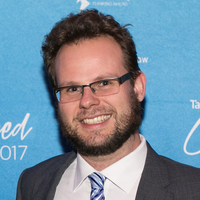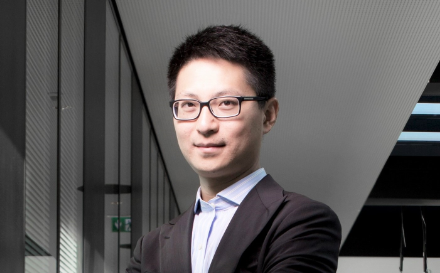Biotechnology & medicine
Li Tang
Kill cancer by arming your own immune system

Europe
George Frodsham
His magnetic technology could filter out malaria pathogens as well as leukemia cells quickly and non-invasively

Latin America
Cristian Estrada
Decreasing water consumption for agricultural purposes while optimizing roots and soils

Asia Pacific
Jonathan Hall
Life Whisperer: Using AI and computer vision to identify healthy embryos in IVF and improve pregnancy outcomes for couples

MENA
Shaikha Alothman
Created a system that improves the healthcare of the growing global elderly population, which is one of the biggest 21st century challenges
